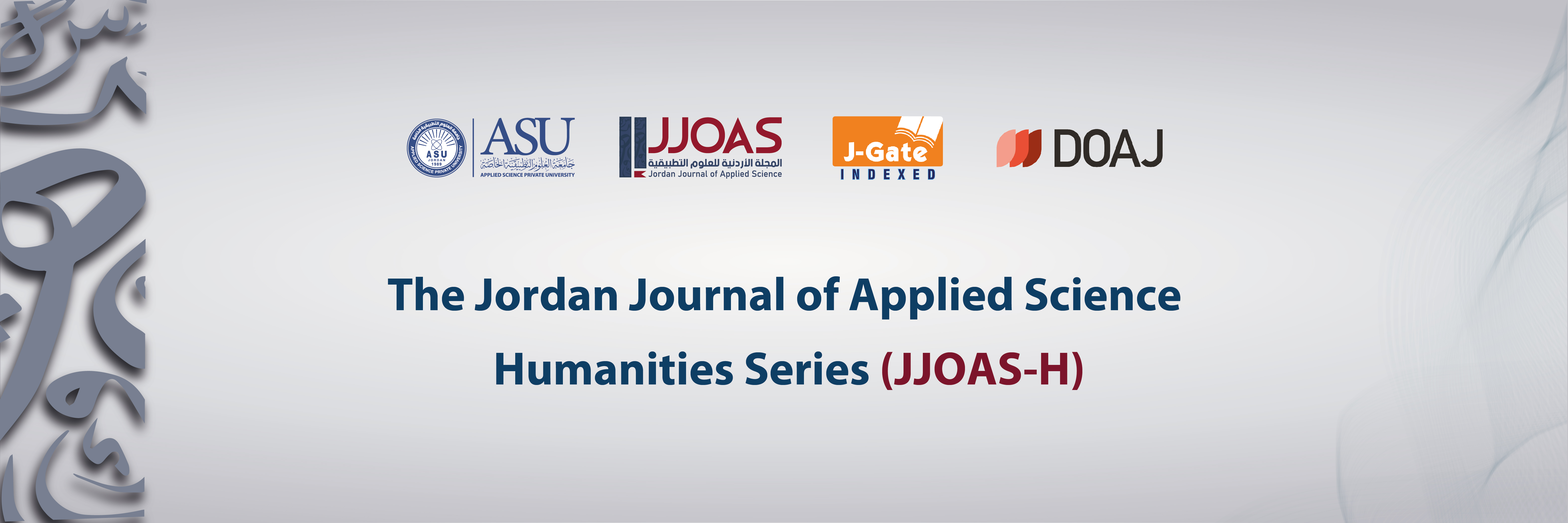
DOI
https://doi.org/10.35192/jjoas-h.v39i2.732
Abstract
This study aimed to explore the metacognitive awareness of reading strategies among non-Arabic speaking learners and its relation to their self-efficacy in learning the skill of reading. A random sample of 81 non-Arabic speaking male and female learners majoring in Arabic Language and Literature at Yarmouk University, Jordan, was chosen. To achieve the aims of the study, the researcher used the Metacognitive Awareness of Reading Strategies Inventory (MARSI) developed by Mokhtari et al. (2018). The scale consisted of 15 items distributed across three areas: Global Reading Strategies (GRS), Problem Solving Strategies (PSS), and Supportive Reading Strategies (SRS). The researcher also used a Self-Efficacy scale developed by Demirel and Epçaçan (2011), consisting of 27 items. The validity and reliability of the tools were confirmed. According to the statistical analyses, the study's outcomes revealed that the degree of metacognitive awareness of reading strategies among non-Arabic speaking learners was high across all items on the scale. Problem Solving Strategies ranked first with a high evaluation score, followed by Supportive Reading Strategies, also with a high evaluation score, and Global Reading Strategies with a moderate evaluation score. The outcomes revealed that the self-efficacy of non-Arabic speaking learners in learning the skill of reading was moderate. The results also showed a statistically significant positive correlation between the metacognitive awareness of reading strategies and self-efficacy in learning the skill of reading among non-Arabic speaking learners. Based on the study's outcomes, the researcher presents several recommendations.
Recommended Citation
Jawarneh, Haneen
(2024)
"Metacognitive Awareness of Reading Strategies of Non-Arabic Speaking Learners and Its Relation to Their Self-Efficacy,"
Jordan Journal of Applied Science-Humanities Series: Vol. 39:
Iss.
2, Article 7.
DOI: https://doi.org/10.35192/jjoas-h.v39i2.732
Available at:
https://digitalcommons.aaru.edu.jo/jjoas-h/vol39/iss2/7
Included in
© 2024 by the author(s). This is an open-access article distributed under the terms of the CC BY 4.0 Attribution license.

